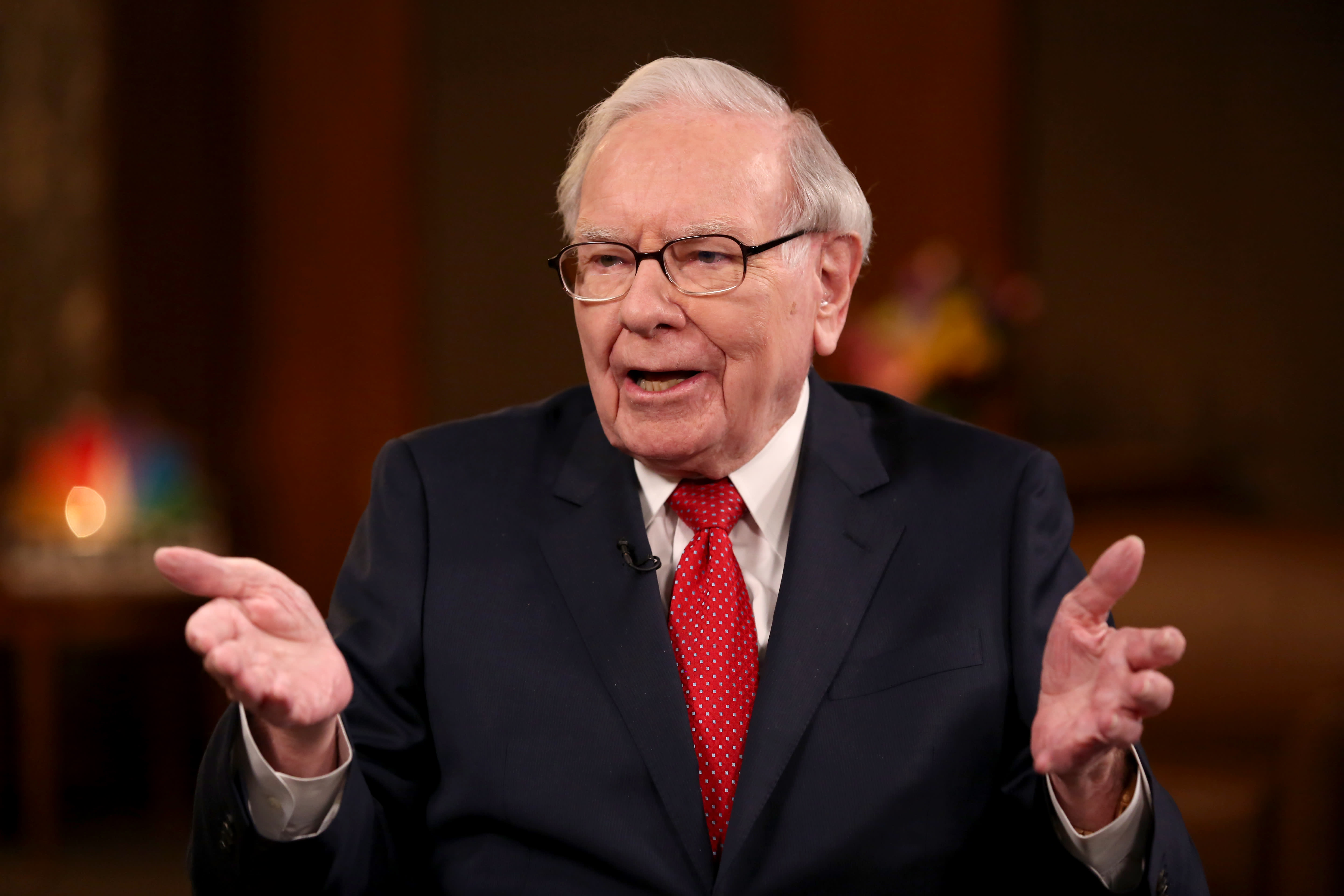The Evolution of the Oracle of Omaha - Warren Buffett

- 15 Nov 2023
Warren Buffett is often referred to as the "Oracle of Omaha," a nod to his almost mystical ability to discern valuable investments from the not-so-valuable in his hometown of Omaha, Nebraska. But how did a young boy interested in collecting soda bottle caps evolve into one of the most successful investors in history?
Born in 1930, Buffett displayed an early interest in the world of business and investing. His foray into the financial world began with humble roots—buying his first stock at the tender age of 11 and running a small business as a paperboy. He was not just a boy with a knack for numbers; he had an insatiable curiosity and a sharp eye for opportunity. His early investments were more than just child's play; they laid the groundwork for his investment philosophy that would one day shape the global financial landscape.
Buffett's approach to investing is almost anti-Wall Street. While many traders look for quick gains through frequent transactions, Buffett adopts a more contemplative approach. He invests in companies he understands, a strategy that stems from a profound psychological framework rooted in patience, discipline, and long-term thinking. His philosophy is simple yet profound: the market is there to serve you, not to instruct you. That means he doesn't get swayed by market fluctuations or trends but instead looks for intrinsic value that others might miss.
Benjamin Graham One of Buffett's core tenets is the idea of 'value investing' — a concept pioneered by his mentor Benjamin Graham. This strategy involves identifying stocks that are undervalued by the market and therefore have the potential for substantial growth. It's like finding hidden gems in a sea of stones. Buffett's extraordinary ability to stick with his principles, even when the market suggests otherwise, has allowed him to weather financial storms that have capsized many other investors.
But what can the average investor learn from Buffett? Here are five trading tips drawn from his storied career:
- Invest in What You Know: Buffett insists on investing in businesses he thoroughly understands. This means he can make informed decisions based on his knowledge of the industry and the company's place within it.
- Excellent Leadership is Key: Warren Buffett places great emphasis on the significance of skilled and trustworthy leadership in businesses. He is of the opinion that the right leadership can substantially impact a company's performance, therefore influencing its stock value.
- The Margin of Safety: Always invest with a margin of safety. This principle involves not overpaying for a stock, no matter how promising it might seem. It's about being cautious and not letting the fear of missing out drive your decisions.
- Be Greedy When Others Are Fearful: Buffett famously said, "Be fearful when others are greedy and greedy when others are fearful." This tip emphasises the importance of going against the herd mentality and finding opportunities where others see despair.
- Invest for the Long Term: Buffett is not a fan of speculative trading. He sees investments as marriages rather than fleeting affairs. His long-term approach means looking for companies that will offer value for many years, not just in the next quarterly report.
Warren Buffett's trading philosophy is deeply rooted in principles of value investing, a steadfast commitment to understanding the intrinsic worth of an investment, and the discipline to act only when there is a significant margin of safety. He is renowned for his long-term investment strategy, favouring the acquisition of quality stocks that he believes will perform well over time, rather than engaging in speculative short-term trading.
The crux of Buffett’s philosophy lies in his adage to be "fearful when others are greedy and greedy when others are fearful." This contrarian stance often leads him to invest counter to market trends. He waits for opportunities where he can buy undervalued companies — those market inefficiencies where he perceives a substantial gap between a company’s stock price and its true value.
Moreover, Buffett's approach is not just about picking stocks but also about cultivating the psychological resilience to stick with his choices despite market volatility. His psychological acumen — characterised by patience, rationality, and emotional detachment from market euphoria and panic — is as integral to his success as his financial acumen.
Throughout his illustrious career, Warren Buffett has marked numerous achievements that stand as testaments to his investment knowledge and skill. Firstly, he transformed Berkshire Hathaway from a struggling textile mill into a massive conglomerate with a market capitalisation of hundreds of billions. Secondly, he achieved an extraordinary average annual growth rate in Berkshire’s book value, significantly outperforming the S&P 500 over the decades. Thirdly, Buffett made remarkably successful investments in companies like Coca-Cola, American Express, and Apple, showcasing his ability to identify value in diverse industries. Fourthly, his philanthropic endeavours are notable, having pledged to give away over 99% of his wealth to charitable causes, primarily through the Gates Foundation. Lastly, Buffett has played a pivotal role in shaping modern investment philosophy, with his principles of value investing being adopted and revered by investors worldwide.
Ultimately, Warren Buffett's investment strategies and trading philosophy are less about the mechanics of trading and more about the mindset with which one approaches investing. It's a testament to the power of conviction, the importance of due diligence, and the wisdom of patience in the pursuit of long-term value.
Also Read:-Australian Dollar, Commodities and China
- NGCB Team
Choose your operating system
Join us for the Gateway to Wealth Copy Trading Tutorial

You're being redirected to another page, it may takes upto 3 seconds
